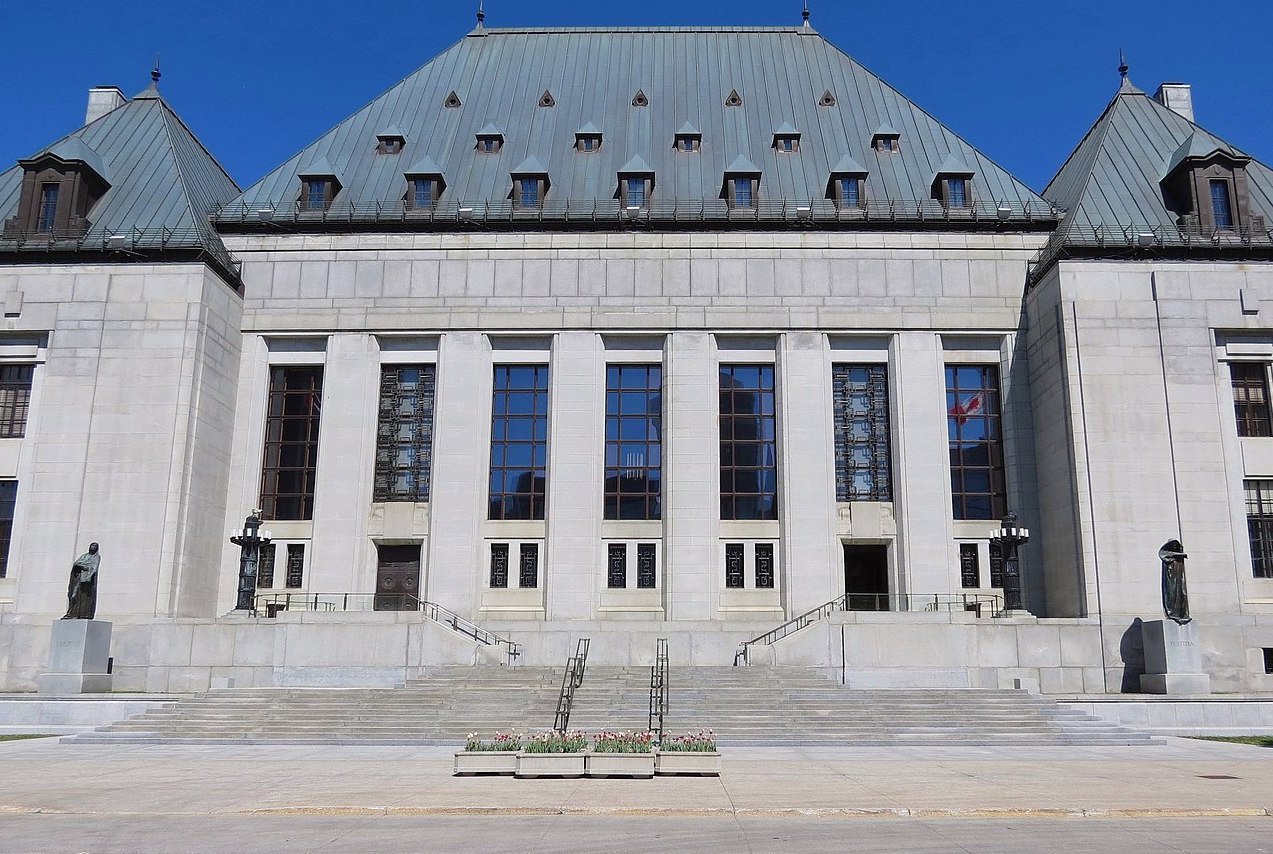In 2012, the Harper government introduced two omnibus bills — C-38 and C-35 — that gutted environmental legislation in Canada by removing protected status from over 33,000 rivers in the Navigable Waters Protection Act, and modifying the Species at Risk Act, the Fisheries Act, and the Canadian Environmental Assessment Act.
The Idle No More movement erupted in protest across Canada.
The Harper regime ignored its constitutional responsibility, as government of the day, to respect Indigenous nations as stewards of the lands they have occupied for millennia and to consult them in drafting legislation that affected them.
Rights to fish, hunt and trap in the northern Alberta lands of the Athabasca Basin were acknowledged by the Canadian Crown in Treaty 8, signed with the Mikisew Cree First Nation of northern Alberta in 1899, six years before Alberta entered Confederation.
Oil companies exploiting bitumen in the same northern Alberta territory lobbied Harper for the right to dispose of waterways without having to satisfy environmental assessment procedures.
When the Mikisew Cree petitioned the Federal Court to have their treaty rights recognized, the court agreed that the federal government had neglected its duty to consult First Nations.
The Federal Court of Appeal later overturned this favourable judgement.
Last week, the Supreme Court upheld the Court of Appeal decision and found against the Mikisew Cree First Nation in its case against Canada (Governor General in Council).
In summary the Supreme Court said: “The Crown has to act honourably toward Canada’s Indigenous peoples, but this does not mean Parliament has to consult them when making laws.”
In effect, the Supreme Court bent over backwards to deny Indigenous nations the right to negotiate nation to nation with the Canadian Crown — a right identified by the courts as established in the Royal Proclamation of 1763 that is part of the overall duty of the prime minister and cabinet to uphold the Canadian Constitution.
The Supreme Court asserted that parliamentary sovereignty meant that ministers acting as legislators were not acting on behalf of the Crown. The Supreme Court agreed with the Appeal Court that separation of powers between the executive and the legislative branches of government established that, as legislators, ministers were absolved of the duty to consult when drafting laws.
Walter Bagehot, 19th-century author of The English Constitution, famously pointed out that in a parliamentary democracy, the executive power and the legislative power were one and the same, since the executive (the cabinet) was drawn from the legislature and depended on its support to pass the laws the cabinet prepared for adoption.
In a similar vein, the foremost authority on the Canadian Constitution, Peter Hogg, explained that the British system of responsible government is “utterly inconsistent with any separation of the executive and legislative functions.”
Yet, the Supreme Court of Canada accepted an American-style “separation of powers” argument to deny First Nations the right to be consulted by cabinet during the policy-making process leading to legislation — when governments are consulted continuously by countless lobby groups seeking legislative relief or assistance.
A willful ignorance of the working of Canadian constitutional democracy marks the Wagner Court as a danger to First Nations rights.
It makes no sense for a government to draw up legislation without ascertaining from First Nations themselves how treaty rights may be affected. As the former Mikisew Cree Chief Steve Courtoreille pointed out to Global News, the absence of consultations with First Nations led to a series of botched projects: Northern Gateway, Energy East, and Trans Mountain expansion all failed.
The Supreme Court refusal to accept a decision of the Federal Court to protect waterways in lands covered by Treaty 8 creates uncertainty about just what avenues are open to First Nations to secure their treaty rights or their broader rights under Section 35 of the Constitution Act, 1982, if they are denied judicial review of the legislative process.
With this judgement the Wagner Court has reversed recent decades of rulings by the McLachlin and Lamer Courts, which advanced First Nations issues.
The Mikisew Cree decision did not refer to the United Nations Declaration on the Rights of Indigenous Peoples. The Supreme Court judgement, however, is clearly contradicted by Article 19 of the UNDRIP which reads:
“States shall consult and cooperate in good faith with the Indigenous peoples concerned through their own representative institutions in order to obtain their free, prior and informed consent before adopting and implementing legislative or administrative measures that may affect them.”
All institutions that make up the Canadian state have the duty to protect the land and the people who inhabit it, respect foreign treaty commitments, and acknowledge pre-existing rights of Indigenous peoples.
No court decision can pretend otherwise.
Duncan Cameron is president emeritus of rabble.ca and writes a weekly column on politics and current affairs.
Photo: Robert Linsdell/Wikimedia Commons
Help make rabble sustainable. Please consider supporting our work with a monthly donation. Support rabble.ca today for as little as $1 per month!




